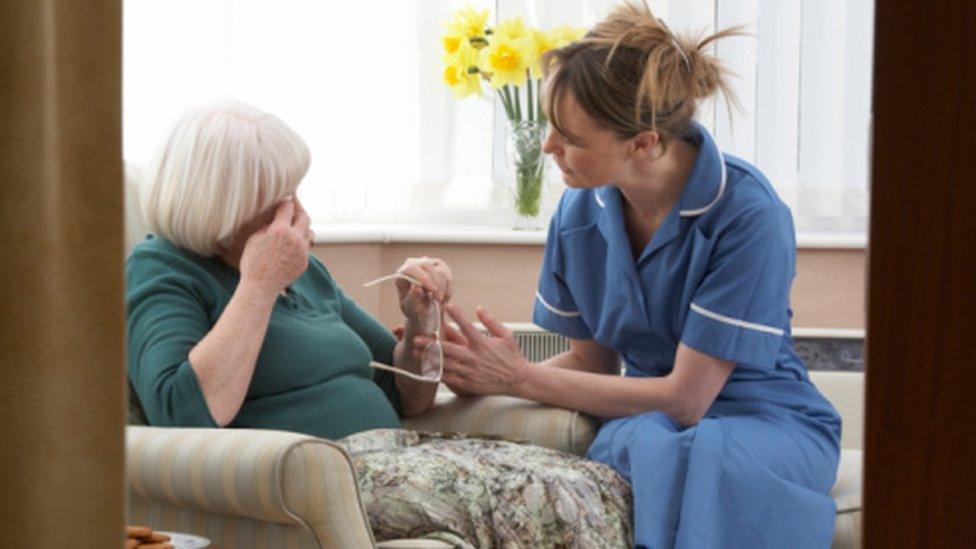Cotswold cancer patient fears carers are overworked
- Published

The Department of Health and Social Care said social care was "a top priority"
A terminally ill cancer patient says "dying is the least of my worries", compared to the time she faces at home in care before her death.
Chloe, from the Cotswolds, fears care staff have too many patients to look after and they are "completely overwhelmed by their workload".
A recent report warns turnover of care staff in Gloucestershire has almost doubled to 14% since September 2020.
The county council said it had to "work with national policy".
Last month, industry regulator the Care Quality Commission said the whole health and adult social care system in England was "gridlocked" and could "no longer operate effectively".
Chloe, who did not want to be identified, told BBC Radio Gloucestershire: "I'm worried about getting to death. When I'm in my own home, not coping, in pain, exhausted and I just don't have any help."
Sarah Scott, executive director of adult social care for Gloucestershire County Council, said care "can be a really rewarding career but the pay conditions are a really limiting factor".
She said she could only distribute what the council was given.
Amy, whose father-in-law needs care at home in Tewkesbury after suffering a stroke, said he had had staff from three different care companies since December.
'Very demanding'
"All of the carers have been overworked, some have been poorly trained. At the end of the day it's a very sad way to end 80 years," said Amy, who also did not want to be identified.
A former care worker, also from Tewkesbury, who left after 15 years, said the job was "very demanding".
"I don't think people realise how much it takes out of you physically and emotionally," they said.
"One of the problems is that there are no younger people coming into the industry. Why would they when you can get paid more at Aldi?"
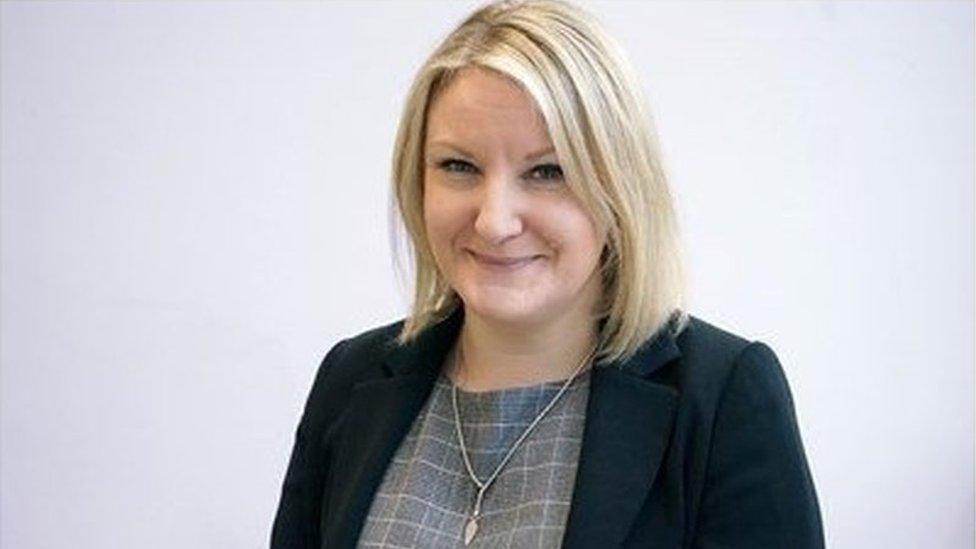
Sarah Scott said she regularly alerts MPs to the local issues but "what we need is a national policy shift"
In February, the county council announced a 1% in increase in council tax to raise £3.7m to support vulnerable adults.
Ms Scott said: "We are a rural county. We know particularly in the Forest and Cotswolds the provision of home care is not as sufficient as we'd like it to be.
"Part of our role is to work with providers to try and bolster that wherever we can."
Simon Bottery, from health charity The King's Fund, said: "There aren't enough staff to do the jobs that are needed and vacancies are at their highest it's ever been."
He said the UK should follow Scandinavian countries, where there is "a much more universal access to care when you need it".
"If you went to somewhere like Denmark for example, your ability to get social care would be the same as getting health services in this country," he said.

Simon Bottery of the Kings Fund said adult social care was at its weakest point for 20 years
In a statement, the Department of Health and Social Care said it was committed to "bolstering the workforce".
"And protecting people from unpredictable care costs," it said.
"Funding for heath and social care services will be maintained at the same level as intended when the Health and Social Care levy was in place, including £5.4bn for adult social care."
It said while most paid carers were employed by private sector providers, "the government raised the national living wage in April, which will see full time carer earnings rise by over £1000".

Follow BBC West on Facebook, external, Twitter, external and Instagram, external. Send your story ideas to: bristol@bbc.co.uk , external
- Published21 October 2022
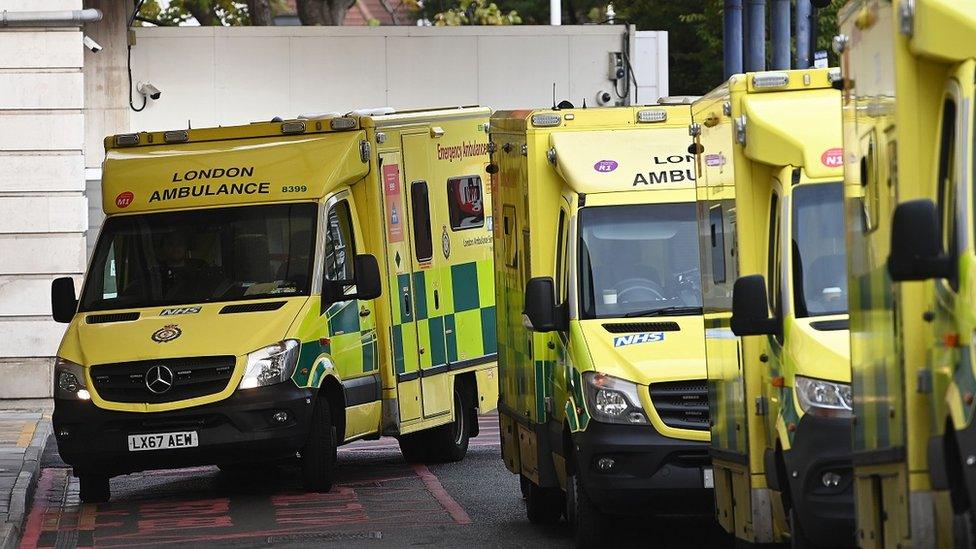
- Published30 October 2022
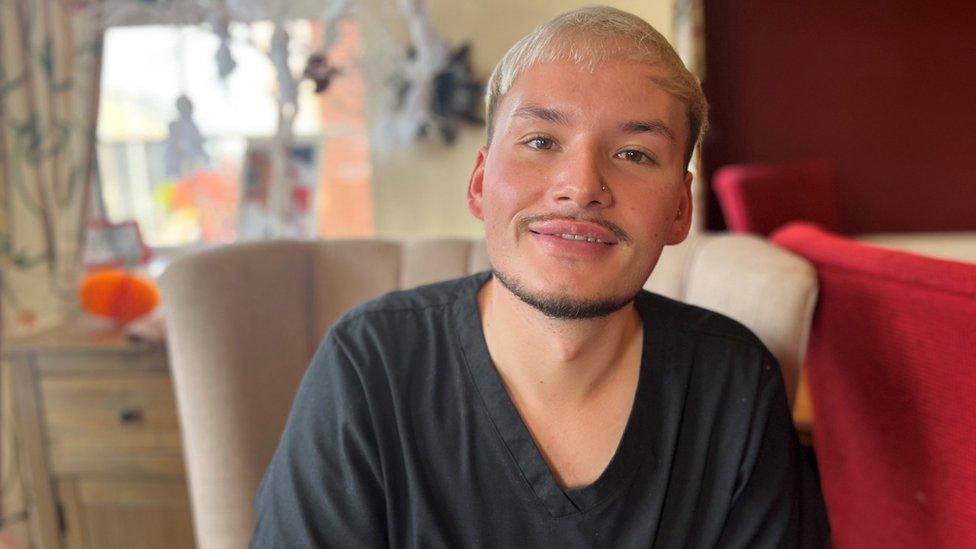
- Published7 October 2022
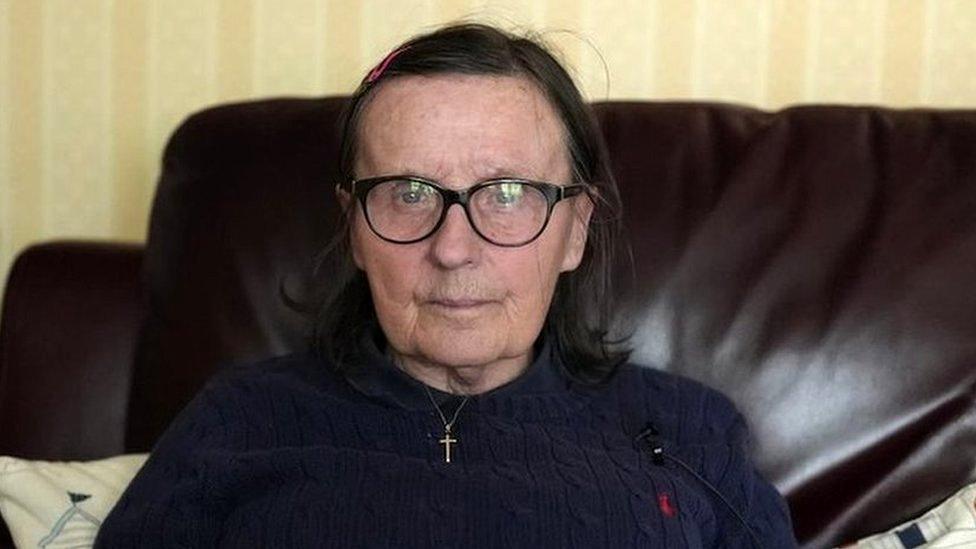
- Published14 October 2022
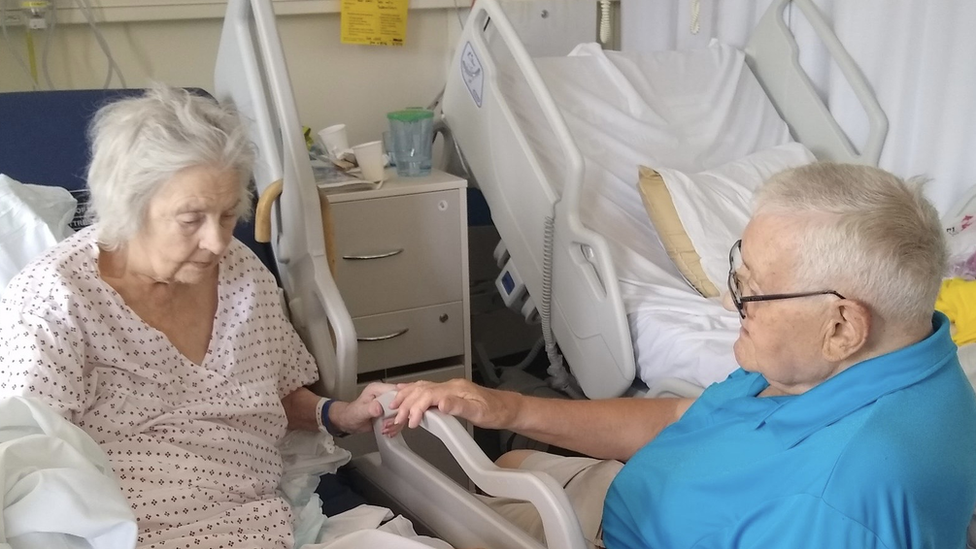
- Published6 October 2022
